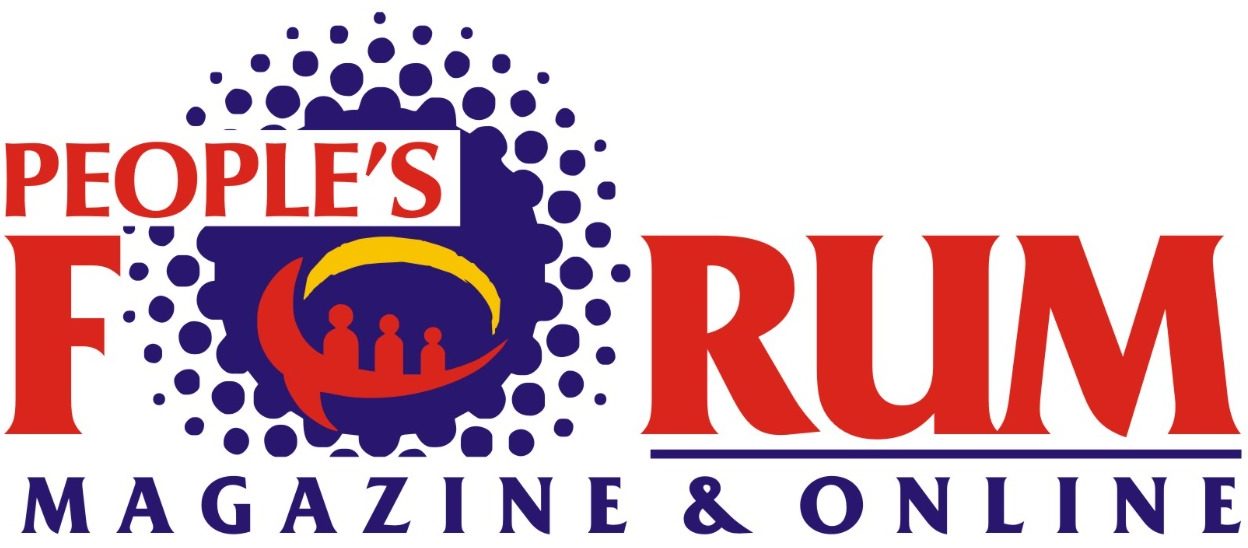The Nigeria Customs Service (NCS) has granted a 21-day grace period, effective Monday, 28th July 2025, to importers who have defaulted on the conditions of their Temporary Admission Permits (TAP). Affected importers must act promptly to regularise their importation status by:
– Applying for a valid extension
– Re-exporting the goods under Customs supervision
– Converting the goods to home use by paying applicable duties.
Temporary importation is a regulated concession under both international and national customs frameworks, including the Revised Kyoto Convention (RKC) and Sections 142–144 of the Nigeria Customs Service Act, 2023. It permits goods to enter Nigeria without full duty payment, provided they are re-exported within a specified timeframe and remain unaltered (beyond natural depreciation).
Recent checks revealed 223 companies failed to meet TAP conditions, resulting in a bond value of ₦379,576,045,802.27. These firms neither re-exported the goods nor paid the requisite duties to convert them to permanent home use.
TAP beneficiaries are required to secure duty exemptions through bank bonds, which guarantee payment in case of default. Typically, TAPs are issued for 12 months, extendable by another year, with special provisions allowing up to an additional six months plus a final grace period.
According to Section 143 of the NCS Act 2023, if importers fail to comply, Customs has the authority to:
– Discharge the full bond value as customs duty
– Enforce penalties
– Pursue legal proceedings
This 21-day notice serves as the final opportunity for defaulters to avoid sanctions.
Under the leadership of Comptroller-General Bashir Adewale Adeniyi, MFR, the NCS remains committed to:
– Enforcing trade regulations
– Safeguarding national revenue
– Preserving the integrity of the TAP regime
Importers and stakeholders are urged to take advantage of this deadline to avoid serious consequences.





